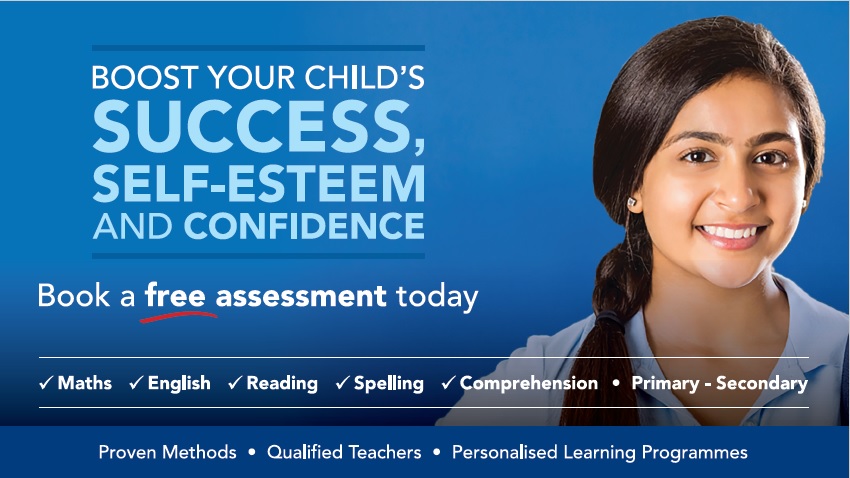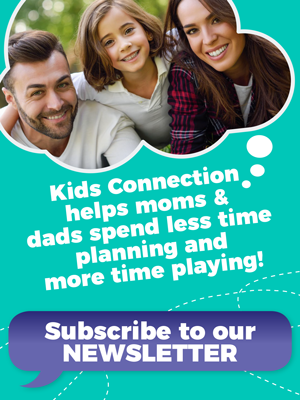Henry Ford was a business magnate and founder of the Ford Motor Company. One of his famous quotes is, “Whether you think you can or you think you can’t, you’re right.” This idea is similar to research conducted by Carol Dweck and her colleagues 30 years ago.They were interested in people’s underlying beliefs about learning, their own intelligence and their achievement. Developments in neuroscience also show the link between mind-set and achievement. Simply put, if you believe your brain can grow, you start to behave differently and ultimately this leads to better results.
YOU ARE WHAT YOU THINK
It is important to cultivate a pattern of positive self-talk for your child. Negative self-talk sets a child up for failure before he or she has even attempted a task. Even though it is important to help a child to be realistic about his or her abilities, a child should know that these abilities are not fixed and parents need to change their children’s mindset.
THE POWER OF “YET”
Children become aware of their strengths and weaknesses when they become aware of the differences between their performance and that of their peers. They can become discouraged when they are not as good as their friends in, for instance, maths, ballet or art.
However, once they understand that their abilities are not fixed and that they can continue to develop their weaker areas, it is important to match their self-talk to their efforts to improve. “I am not good at long division” takes on a new meaning when it is replaced with “I am not good at long division yet!”
LABELS ARE FOR CANS, NOT FOR KIDS
People often label themselves or others. These labels tend to become self-fulfilling prophesies. Some parents are reluctant to have their children diagnosed as ADHD or on the autistic spectrum, because they are scared their children will be treated differently. In other cases, these labels tend to become an excuse or explanation for children’s behaviour.
If Johnny is labelled as socially awkward, his naughty or inappropriate behaviour will become understood or accepted. A growth-orientated approach will aim to change the behaviour in order to change the symptoms. Here are some examples for developing a growth mind-set:
| Instead of saying… | Rather say… |
| I’ve given up. | I need to use a different strategy. |
| I made a mistake. | Mistakes help me learn. |
| It is good enough. | Did I really do my best? |
| I can’t do this. | I will train my brain to do this. |
| I am not good at this. | What am I missing? |
Chrizelle Prinsloo is the owner of Kip McGrath Education Centres, Walmer. She has a background in psychology and has taught in mainstream and special-needs schools both locally and abroad. Chrizelle is passionate about helping children gain confidence in their own abilities and about finding different ways to help them learn.
Contact Chrizelle on 081 707 9822 for a FREE assessment or visit this website
BY CHRIZELLE PRINSLOO
For great savings on life’s little pleasures visit Bargain Buys! Enjoy food and travel, then visit Home Food and Travel. Know somebody who is getting married, Wedding and Function can assist.
Enjoy reading this article? For more articles like this click here









